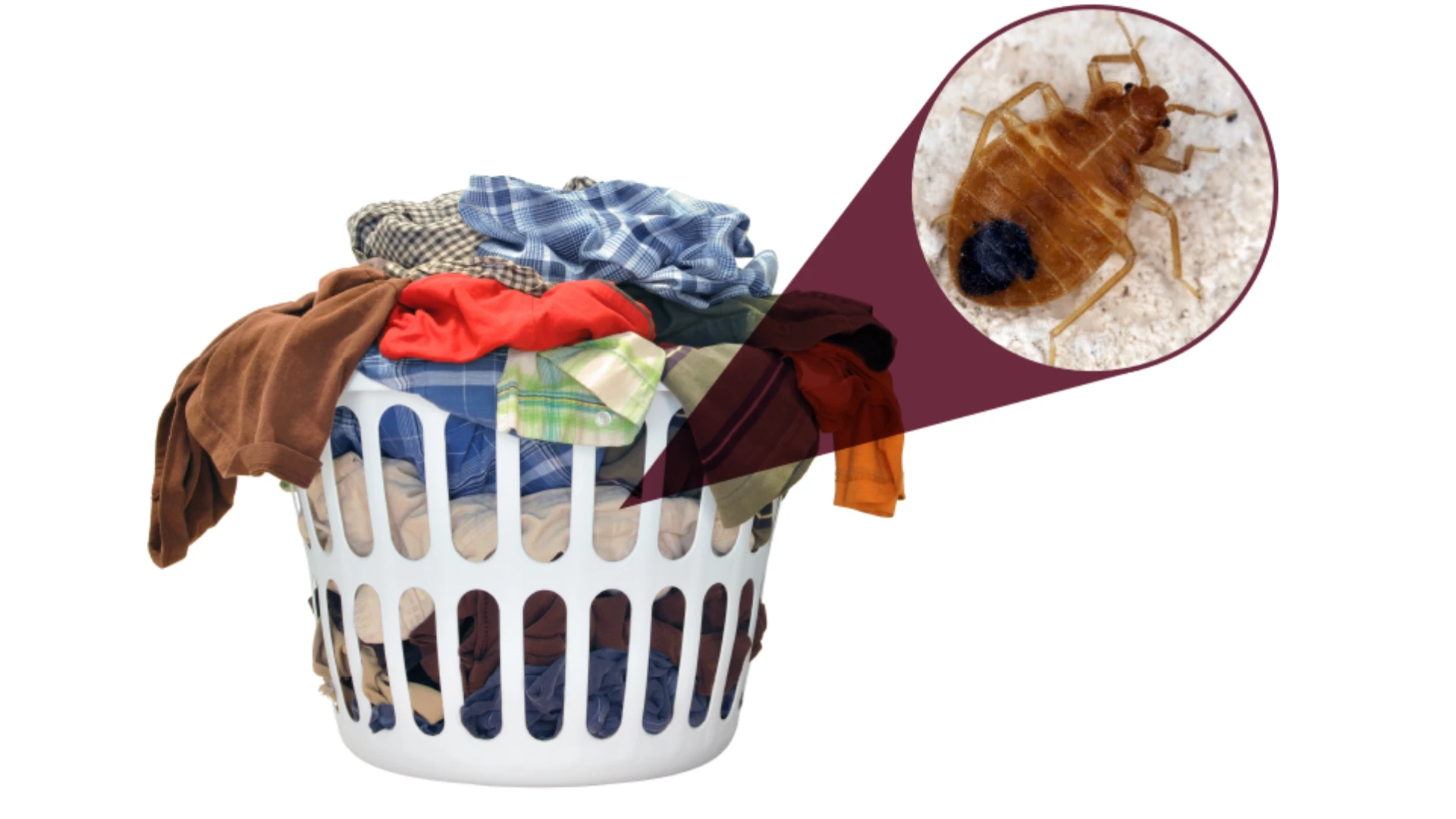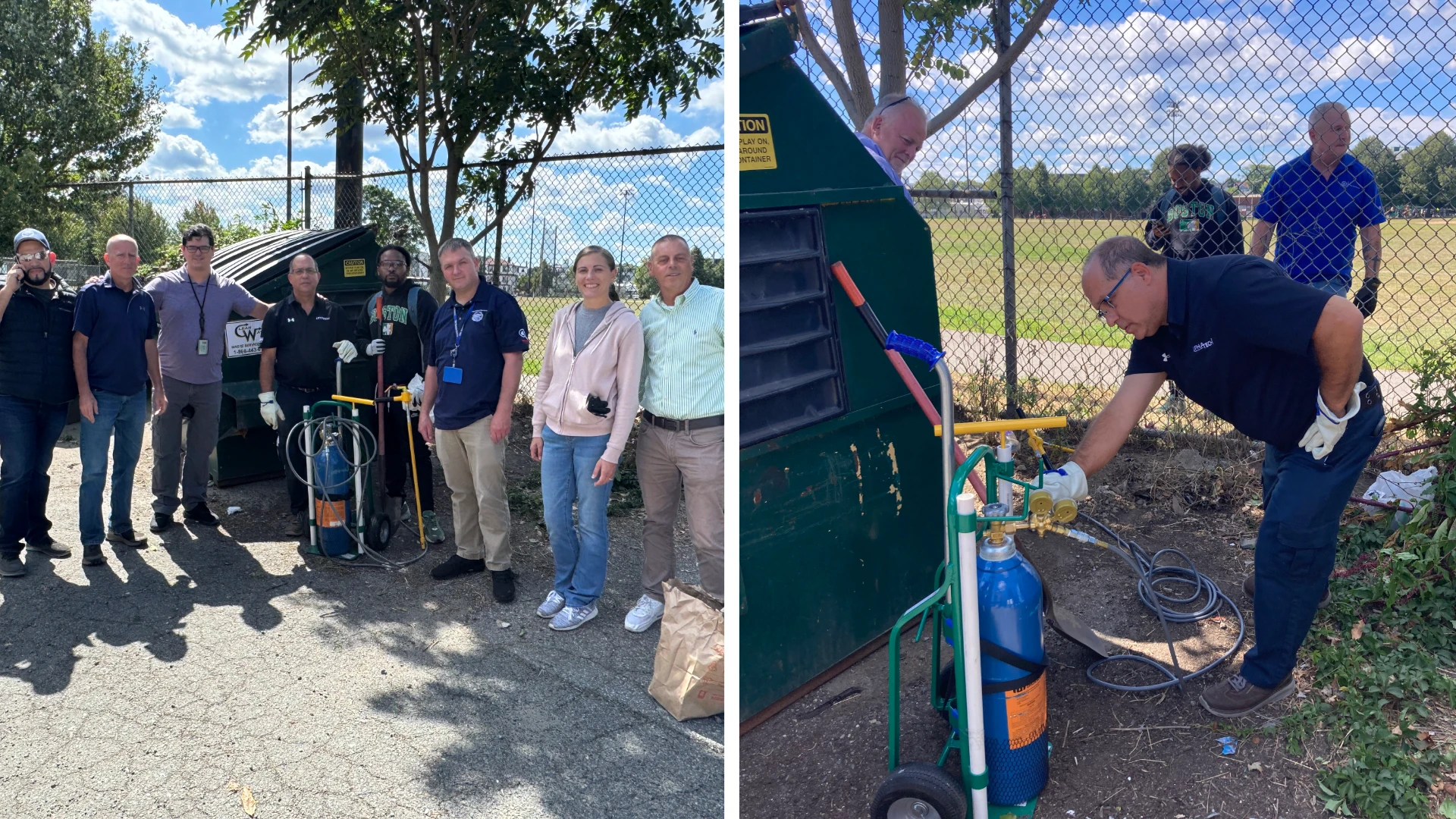This year marks the 50th anniversary of the publication of “Silent Spring,” Rachel Carson’s controversial book that launched the environmental movement. Since its publication a half century ago, “Silent Spring” and its author have been a lightning rod for individuals on both sides of the pro- and anti-pesticide divide, prompting countless debates about the merits of one of the industry’s most important tools in combating pests, safeguarding property and protecting public health.
Regardless how you feel about the scientific validity and long-term cultural impact of “Silent Spring,” there is no denying that the book is one of the seminal works of the 20th century. As PCT developed its editorial calendar for 2012, we wanted to examine the historical impact of “Silent Spring” on the pest management industry, while at the same time assess how Carson’s most widely read work is perceived by today’s generation of PMPs. So, we conducted an online survey of our readers and asked two former NPMA presidents — Hal Stein and Vernon McKinzie — to share their memories of this tumultuous time. “In retrospect, I think it (“Silent Spring”) made our industry better, because we had to be more precise in applications and had to learn more about pest habits and behavior, which resulted in the fact we are now providing better and safer services, not to mention we learned how to do it with less active ingredients,” McKinzie writes. “Would we have grown the same had we not had ‘Silent Spring?’ Would we be as professional as we now are? I don’t think so.” Stein observes that “Silent Spring” was the catalyst for the creation of the EPA, one of the industry’s key regulatory bodies. “I remember many of the fine scientists in USDA, our previous regulator with whom we had always worked so well, transferred to EPA in the belief that, as in the past, they could assist in regulating with wisdom,” he recalls. “But in the wave of public outcry, to a measurable extent prompted by the shock and emotional impact of Ms. Carson’s dire warnings, EPA inducted into its ranks a cadre of environmental activists who quickly drowned out the scientists.”
While the debate continues to this day, one thing is certain. If we don’t aggressively defend the benefits of responsible pesticide use; if we don’t actively promote our role as “Guardians of the Environment”; if we don’t act responsibly in applying these essential pest management tools; and if we don’t support the efforts of the Professional Pest Management Alliance (PPMA), RISE, UPF&DA and the NPMA, we only have ourselves to blame if the industry finds itself under siege from anti-pesticide special interest groups or over-zealous regulatory officials.
The pesticide industry responded pro-actively to “Silent Spring” and the burgeoning environmental movement of the late 20th century not only because it was in its self interest to do so, but because as scientists who innately value the environment, they were up to the challenge. In the past 50 years, these same scientists have developed generations of highly effective active ingredients that perform at lower concentration rates, leaving an ever-smaller environmental footprint, while at the same time continue to feed an ever-growing global population. These are world-class scientists working for world-class organizations who understand that healthy debate, based on sound science, is the foundation of technological innovation.
Perhaps Dr. Jerome Goddard, who contributed to our coverage of this topic, puts the debate in proper perspective at its most basic level — human life. “We need to keep in mind that pesticides are public health tools,” he writes. “As a public health entomologist, I have seen first-hand the devastating effects of arthropods and the diseases they cause. Through the years...we investigated and tried to manage disease clusters and outbreaks due to Rocky Mountain spotted fever, St. Louis encephalitis, eastern equine encephalitis and West Nile virus. I have personally visited with grieving family members of those who died from these diseases, as well as patients who are now permanently disabled from them, so no one is going to tell me that pesticides are not important in public health and effective disease prevention.”
It’s up to all of us to continue the debate, vigorously defending our respective positions, while holding out hope that sound science and a shared desire to protect the environment and safeguard human life ultimately wins the day.

Explore the September 2012 Issue
Check out more from this issue and find your next story to read.
Latest from Pest Control Technology
- Rentokil Terminix Expanded in Key Markets with 2024 Acquisitions
- In Memoriam: Joe Cavender
- Certus Acquires Green Wave Pest Solutions
- Liphatech Adds Alex Blahnik to Technical Team
- Do the Right Sting: Stinging Insect Identification, Management, and Safety
- VAGA's 8th Annual Veterans Thanksgiving Appreciation Dinner
- Clark's Blair Smith on the Response to Increased Dengue Fever Cases in Southern California
- WSDA, USDA Announce Eradication of Northern Giant Hornet from U.S.





